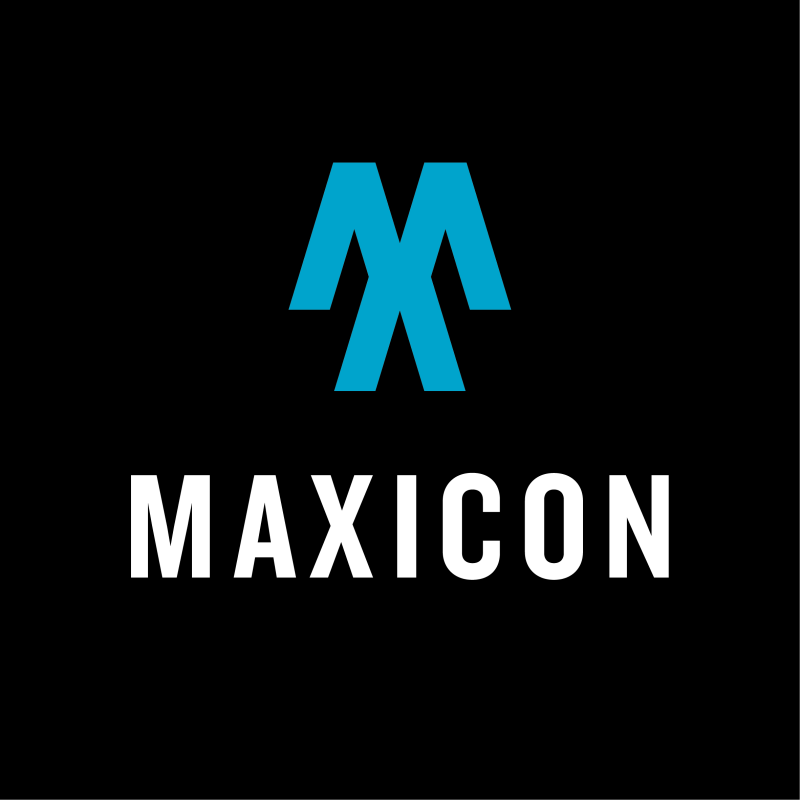The 6 trends in recruiting for 2018
2018/02/14

Never before have so many vacancies been reported to the Flemish employment service VDAB as last year. Almost a third of those vacancies went unfilled. So the 'war for talent' seems to be in full swing, and also has its consequences for recruitment. With Sander Velghe, former recruiter and now HR officer at HR specialist Attentia, we discuss the major trends in recruitment, often also applicable to employee retention.
1. Digitalisation
"It is not now that there is suddenly a totally different way of recruiting," argues Sander Velghe. Although he sees the growing impact of digitalisation as a very important trend. "That goes from finding jobs via LinkedIn to having job interviews via Skype. Social media are also playing an increasingly important role, including for targeting, matching vacancies to a specific profile. Just think of certain vacancies you see passing by on Facebook, Instagram or Snapchat."
2. Speed
A second trend, related to this, is the speed at which the entire application process is handled. "That is a lot higher today than it was a few years ago. Just as applying for a job is expected to be more user-friendly. Candidates today want to apply at the click of a button. Just add their CV and contact details, and that's it. Employers need to jump on the bandwagon and make sure this is possible."
The state of the labour market plays a role here. "Vacancies are open longer before they get filled. In such a situation, as a company you cannot afford to use a difficult and long application process. Of course, when selecting, you have to go through a number of steps, such as a personality questionnaire, intelligence test, interview or sometimes an assessment. You cannot get away from that. What you do have an impact on is the difficulty of applying and the speed of response," he argues. "It is important to keep the time between initial contact and recruitment as short as possible."
3. Mobile
Speed also runs parallel to the way candidates apply, which is increasingly via mobile devices such as smartphones and tablets. "To start with, it is very important to have a responsive site where the candidate can leave a minimum of data very quickly, and therefore using their smartphone," he stresses. "If the application process on the website is already not smooth, they will quickly drop out and look elsewhere. You shouldn't overload the candidate today with things like endless questionnaires or cover letters. All we actually need as a recruiter is a CV and a phone number."
4. The candidate experience
Besides a transparent and efficient recruitment process, companies and their recruiters should also provide constant feedback and keep in touch with the candidate. Even if he or she would not qualify for that one position. At a company like Lidl, this so-called candidate experience is one of the HR projects for 2018. The company is going to coach and train its managers for feedback. Basically just as if the candidate were a customer. Or how recruitment and marketing are getting closer and closer together.
5. Employer branding
That marketing and HR are close together is also shown by the rise of employer branding: a company positions itself as a brand to work for. "We are now in a consumer market. A hundred years ago, Henry Ford could still state that the customer could choose any colour for his car, as long as it was black. Well, today the consumer expects more choice and more colour," states Sander Velghe.
That shift implies that the customer is choosing for you, and not the other way around. "Companies today try to convince candidates to join them. It is no longer the candidate who has to convince the employer. Employer branding used to be used mainly in recruitment, but now there is a growing awareness that it also has beneficial effects on retention and on the engagement of its own employees. "It ensures that employees are proud of the company they work for, identify with it and thus become true ambassadors."
6. Onboarding
Onboarding is everything that happens after you sign your contract, i.e. as soon as you start working somewhere. Important for HR and recruitment, because in times of scarcity, retention is paramount. "Sometimes you see companies betting heavily on their image and promising the candidate a lot. But when the candidate finally accepts the proposal, he or she is still too often left to his or her own devices. Such a candidate then soon doubts: have I made the right choice?", Velghe notes.
"With a good onboarding, you ensure that expectations are met. And it saves an employer the necessary surprises. People today are often not comfortable signing on with another company soon after starting somewhere and starting work there."
